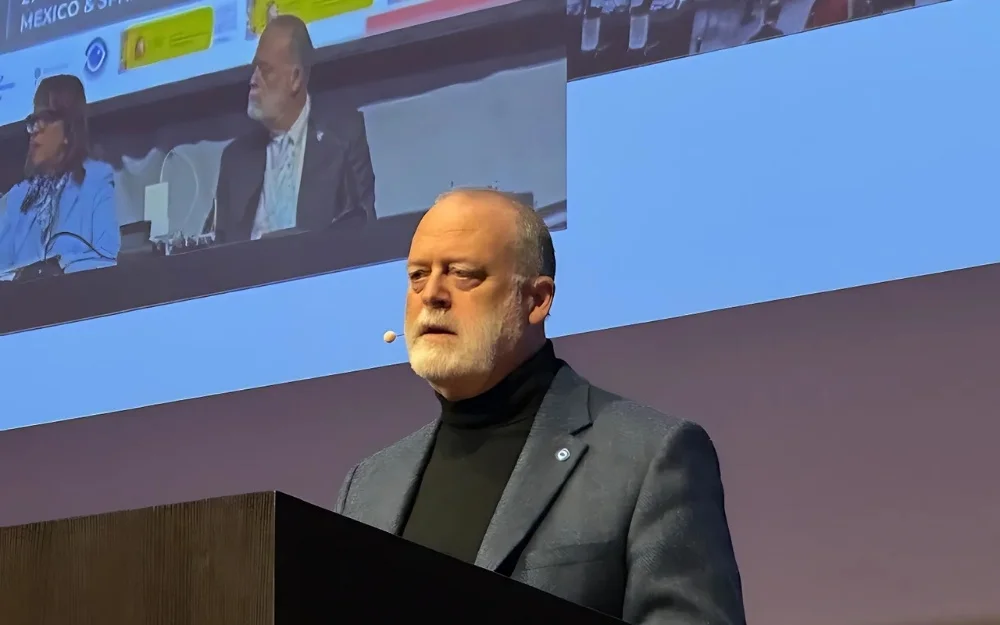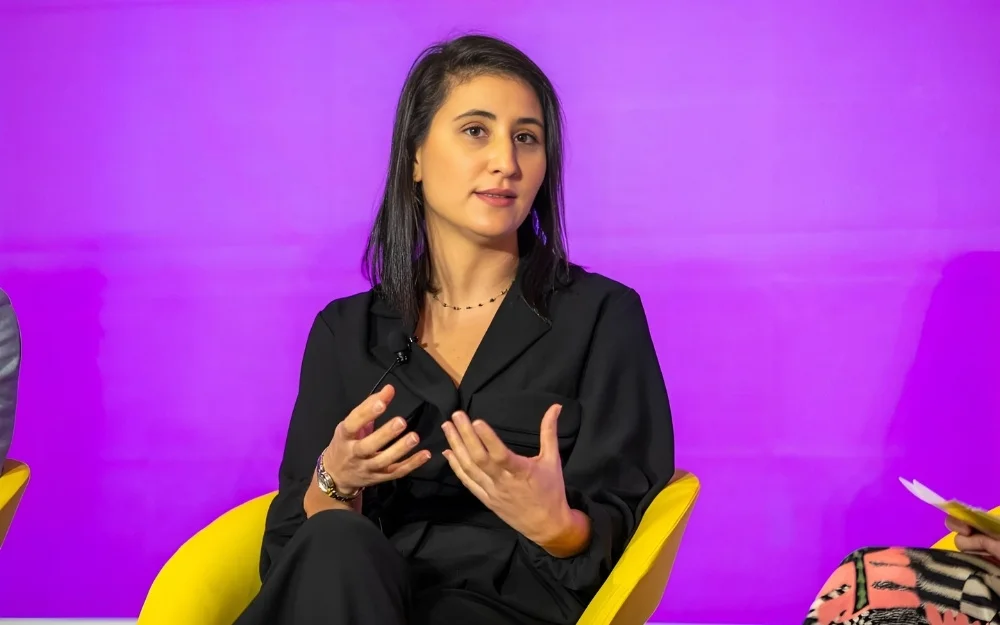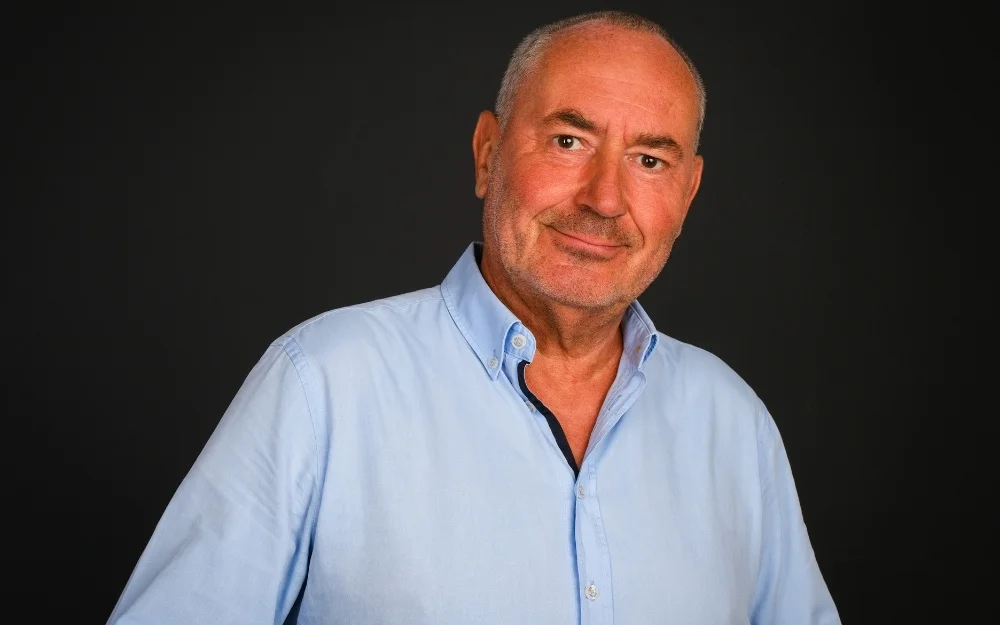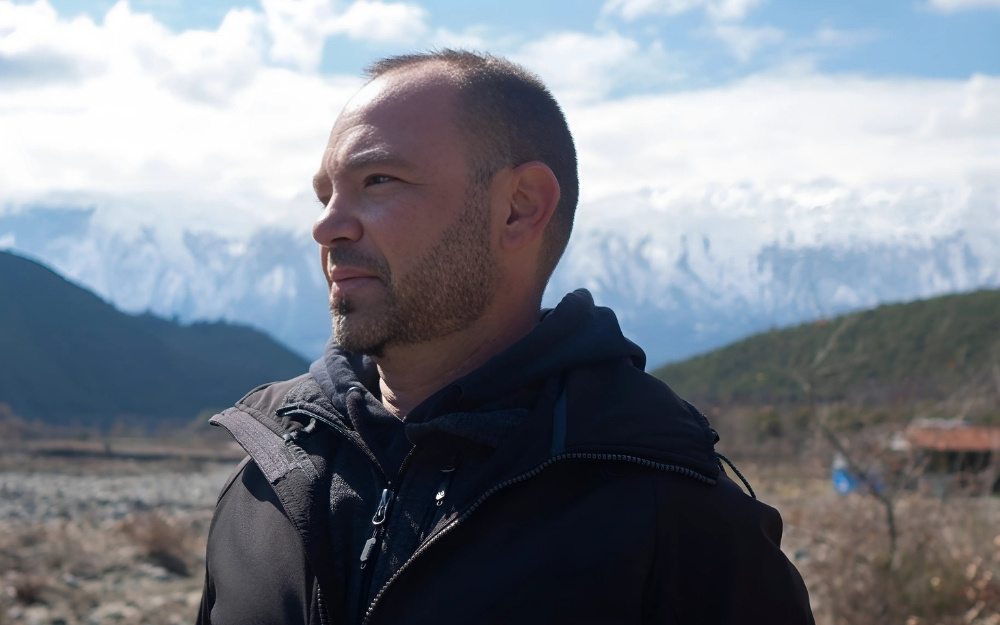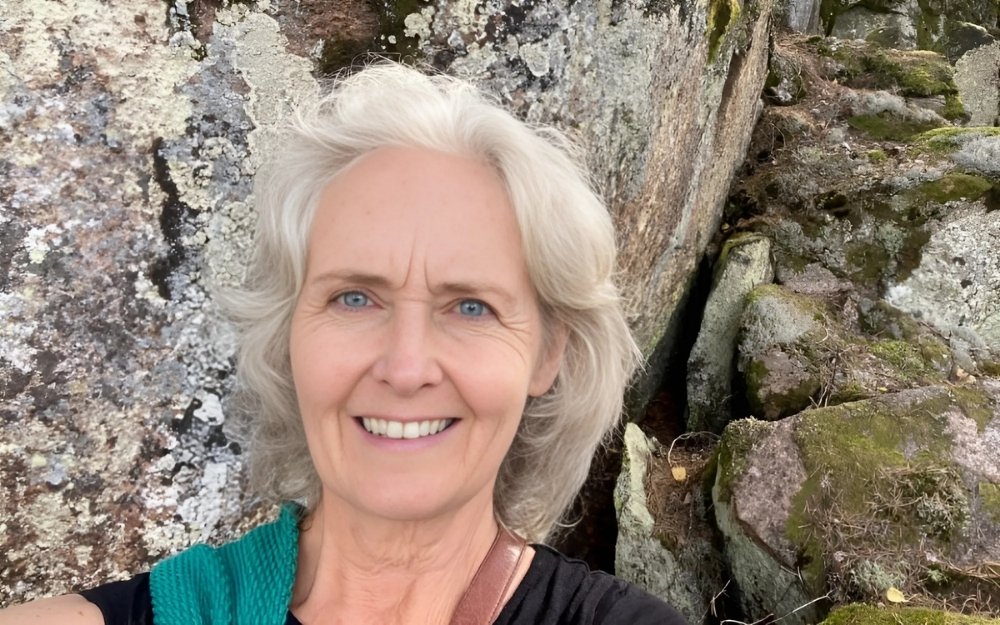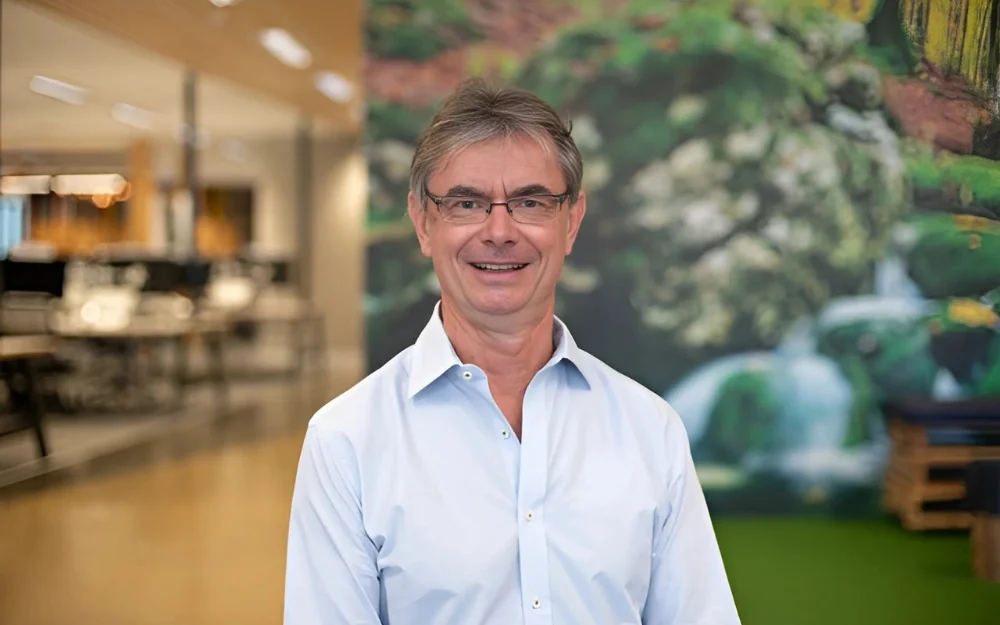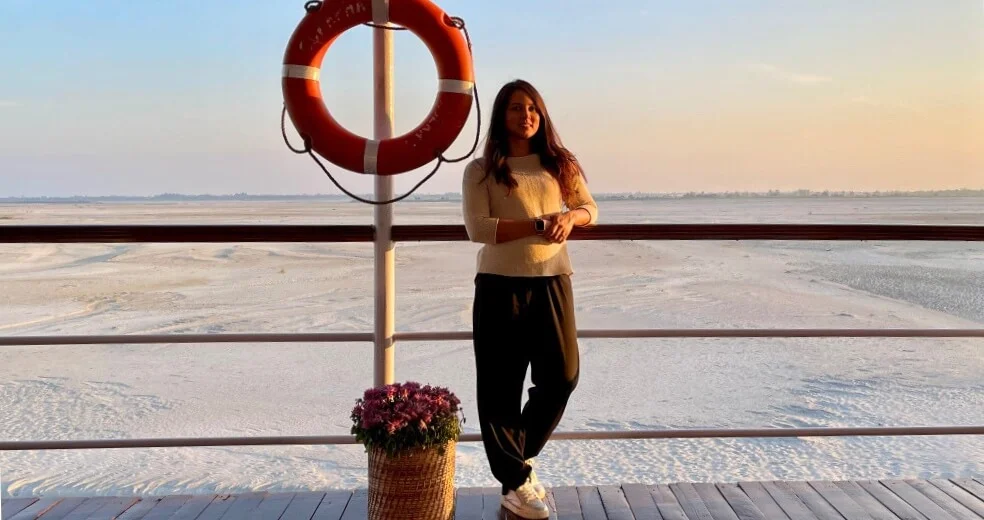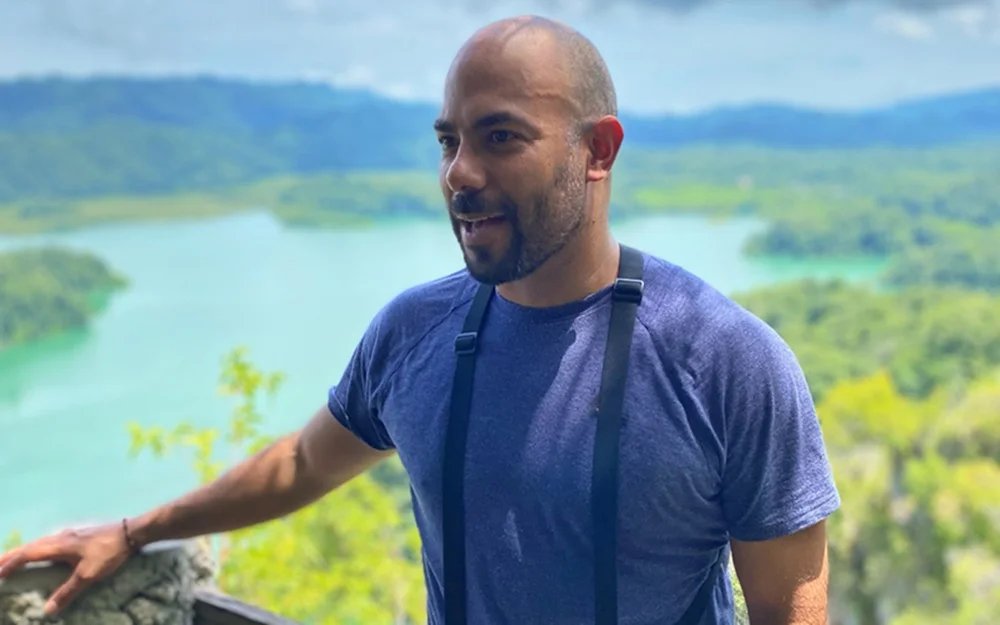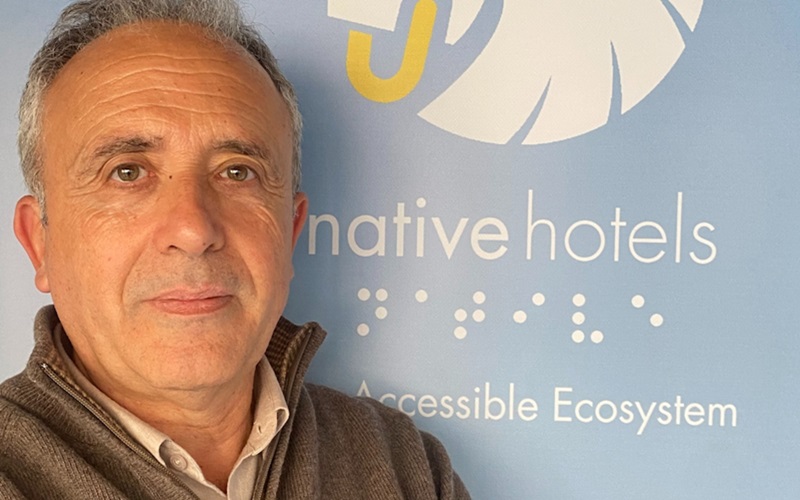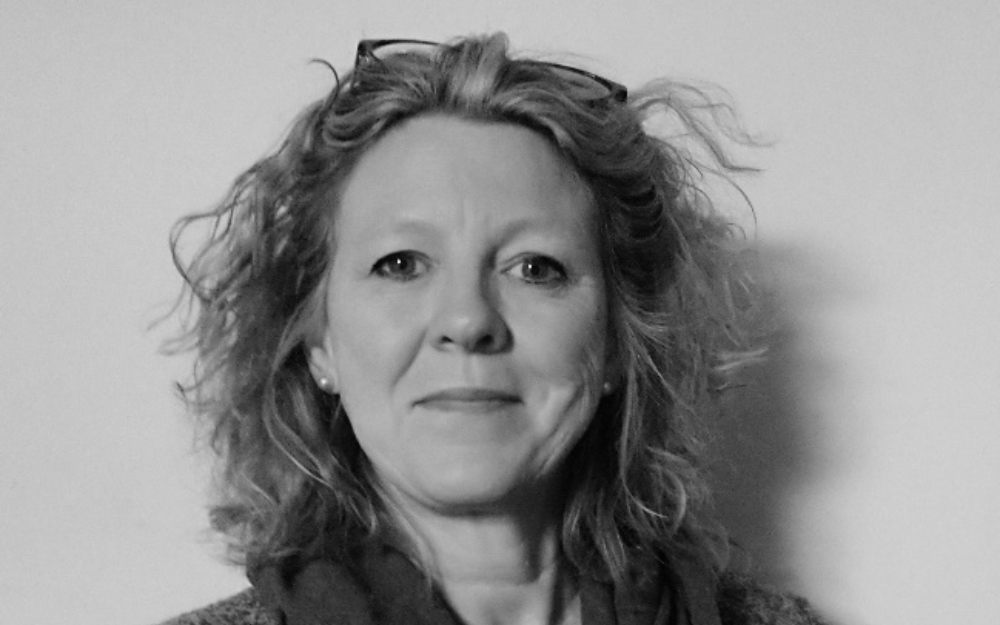
Meet Davina Stanford, who has played a pivotal role in shaping the next generation of responsible tourism professionals. As former Course Director of the MSc Responsible Tourism Management at Leeds Beckett University, Davina has inspired countless students to reimagine tourism as a force for good.
In our latest interview, she reflects on her journey, from backpacking through Asia to leading transformative education initiatives. Davina shares powerful insights on bridging theory and practice, the importance of inclusive education, and why collaboration across sectors is key to solving tourism’s toughest challenges.
Davina, you led the MSc Responsible Tourism Management at Leeds Beckett University for several years. Can you share what initially sparked your passion for responsible tourism and teaching?
All I wanted to do when I was younger was travel and I left school at 16. I had the intention of seeing the world. To fund my travels I did seasonal work in hotels in Cornwall and saved up to go backpacking. However something troubled me about the nature of the work I was doing. Payment was poor and lacked security. I noticed that prices inflated in local shops as soon as the season got underway.
My savings enabled me to visit some wonderful destinations like India, Nepal, Thailand and Malaysia. In each of these destinations I was concerned when I saw the impact that I and fellow tourists were having on the places that we visited.
In remote destinations there were piles of litter and plastic water bottles with no infrastructure to deal with them responsibly. There was excessive water use in destinations where water was scarce and culturally inappropriate behaviours were leading to animosity and resentment from the local community.
This started my motivation to be involved in responsible tourism and led to me studying firstly for an undergrade degree with a focus on tourism, then a MA in Tourism and Leisure and then for a PhD in Responsible Tourism. At each level of study I explored the issues and impacts of tourism and what the solutions to addressing these might be.
On completing my PhD I worked as a tourism consultant for several years, but became frustrated that there was very little implementation of sustainable tourism principles. I was aware of the work that Leeds Beckett University were doing on the Responsible Tourism Management MSc and it became my goal to become part of the team there to share the knowledge I had developed in theory and practice with the next generation of tourism practitioners and to participate in responsible tourism research.
Reflecting on your time as a Course Director, what accomplishment or initiative are you most proud of in shaping responsible tourism professionals?
First off, I should say that any achievements during my time as Course Director can’t be attributed to myself alone. I worked alongside a committed and dedicated team on the Responsible Tourism Management MSc and they are still doing great work. That said, there are many moments that I’m proud of.
I get a real sense of satisfaction when I see what the RTM alumni are doing. It’s incredible and inspiring to see what the students on the course have achieved and I like to think that in a small way our Responsible Tourism Management MSc has helped to give them the tools they need in their roles.
I have particularly enjoyed working with students who initially have struggled with their studies and enabling them to achieve their potential. As a team, one of most impactful things we have achieved is from the Commonwealth Scholarships. Securing Commonwealth funding enabled access to study for those who might not otherwise have been able to afford a Master’s degree. Through these scholarships, we have supported incredible talent and witnessed amazing accomplishments from committed responsible tourism practitioners in countries such as Rwanda, Kenya, Mauritius, and The Gambia.
Over your years of teaching and research, how have you seen the concept of sustainable tourism evolve, and what do you believe is its potential impact on global travel?
When I first started my career, sustainable tourism was largely considered a fringe activity. Often it was an add on to business operations or to the strategic direction of destinations. It’s great to see that sustainable tourism is now far more mainstream and embedded in operations. However, there’s still a long way to go though and I think that some destinations are reluctant to take the tough decisions to control unmanageable growth and still see the increase in visitor numbers as one of the key measures of success.
On a more positive note regarding the evolution of sustainable tourism, I think that we’re seeing the development of more regenerative tourism. So visitors are looking to engage more with the destinations they visit to actively enhance these places. There’s a lot of good will and good intentions from visitors which can be tapped into to enhance destinations.
What role do you believe academic institutions play in bridging the gap between sustainable tourism theory and industry practice?
Innovative practice develops from both businesses and from cutting edge academic research. The challenge is to ensure that there is a knowledge exchange which goes both ways between business practitioners and academic institutions.
Whilst academics look for good real world case studies to illustrate their practice, research may not get utilised directly in industry. In terms of bridging this gap, students are crucial as they will be accessing the academic research and applying it in their roles. I saw this all the time when I was teaching on the Responsible Tourism Management MSc, we would cover a theoretical concept or a framework in class and students were able to apply it to their practice to help make sense of their work or to enhance their work.
After a decade of teaching, what are the key takeaways you’ve brought into your consulting work, and how do these academic insights shape your approach to sustainable tourism?
That’s an easy one to answer.
To encourage sustainable tourism you have to sell the benefits.
A lot of the research I have done and have referred to looks at the motivations for various stakeholders to action sustainable tourism. A lot of the time these motivations come down to identifying what benefits would be gained from taking responsible actions.
For example, for businesses they might be encouraged to engage in resource efficiency measures because of a cost saving or marketing advantage and for visitors they might be encouraged to take car free days because the car free option is more enjoyable than travelling by car. That’s not to say that everyone is motivated by self-interest and there are many examples of tourism stakeholders acting altruistically, but identifying the benefits is a good starting point.
In your opinion, how important is cross-sector collaboration between governments, businesses, and educational institutions in achieving meaningful progress toward sustainable tourism goals?
For complex challenges such as addressing climate change it’s essential. There’s no way that destinations can reach climate targets without collaboration and partnership working. There are many players who need to be involved. Governments play a role in ensuring the correct enabling environment through taxation or legislation, businesses will have individual responsibility for addressing their emissions through innovative practice and implementation of resource efficient practices, visitors can choose how and where they travel and which providers they choose. Destination management organisations can play a coordinating role to help steer and support the actions of these players.
Academic institutions can also help provide the necessary education and training and can provide expertise for example by helping with the design of appropriate metrics.
No one sector can achieve what is required, but through collaboration, these sectors can share their resources and expertise to hopefully find more effective solutions.
What are the most significant challenges the tourism industry faces today in terms of sustainability, and how can educational programs help address these issues?
I think the biggest challenges that the tourism industry faces are climate change and overtourism. Both of these I think are, to some extent, driven by an obsession with economic growth as one of the most significant measures of success. I understand that tourism is an economic activity and that it provides important opportunities for jobs and wealth creation, but this needs to be in balance with other aspirations. Educational programmes need to challenge the pursuit of economic growth as the pinnacle of success and offer alternative metrics for success related to environment and societal well-being.
Thank you, Davina!
Connect with Davina on LinkedIn. If you enjoyed our interview with Davina, please share it and spread the word about sustainability and responsible travel.
Davina has been featured because she has been peer nominated for our community of sustainable tourism impact makers. We count over 400 trailblazers around the world – meet them here.

